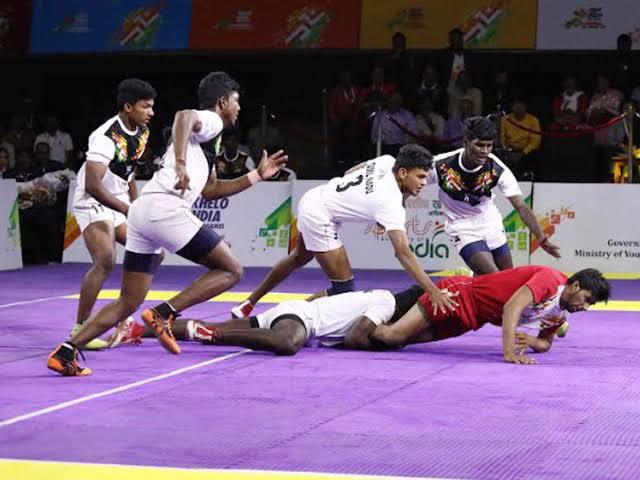
Last Updated on 3 days by Charbel Coorey
Cricket News: List of the top 5 shortest Test matches in history | What is the shortest Test match in history?
India wrapped up the second Test of their 2023/24 series of South Africa by seven wickets in the second session of the second day. It was a blink-and-you’ll-miss-it kind of Test, with India rolling the Proteas for 55 in the opening session of the match before losing six wickets for no runs themselves to be bowled out for 153 as part of 23 wickets on the first day.
Where does the match rank among the shortest Test matches in history? It is the shortest ever. Here is a look:
- 107 overs (624 balls): South Africa vs India, Cape Town, 2023/24.
- 109.2 overs (656 balls): Australia vs South Africa, MCG, 1932/33.
- 111 overs (672 balls): West Indies vs England, Bridgetown, 1934/35.
- 197 four-ball overs (788 balls): England vs Australia, Manchester, 1888.
- 198 four-ball overs (792 balls): England vs Australia, Lord’s, 1888.
Shortest Test matches in history by balls bowled
107 overs (624 balls): South Africa vs India, Cape Town, 2023/24
Test cricket in 2024 began in record-breaking fashion. However, while it brings attention to the longest format of the game, one wonders if a match that lasts one-and-a-half days is good for the format.
Mohammed Siraj led the onslaught in the first session, taking 6/15 in a superb display of fast bowling on a hostile pitch. The South Africans had no answer, crumbling to just 55 after winning the toss and batting. They then fought back with the ball to reduce India to 153 in remarkable fashion, but their eventual lead of 78 – courtesy of an outstanding and memorable hundred from Aiden Markram that led them to 176 in the second dig – wasn’t enough to seal a victory.
109.2 overs (656 balls): Australia vs South Africa, MCG, 1931/32
Australia’s 153 in 1932 remains the lowest total that has resulted in an innings victory. They rolled South Africa for just 36 and 45 back in 1932. Left-arm Bert Ironmonger wreaked havoc, taking 5/6 and 6/18 at 49 years of age.
Sir Donald Bradman did not bat in this game as he was unfit. Jack Fingleton (40) and Alan Kippax (42) together outscored South Africa’s entire match output of 81 runs.
111 overs (672 balls): West Indies vs England, Bridgetown, 1934/35
Back to the 1930s. There were two declarations in this Test as it was a shootout on a difficult Bridgetown pitch affected by rain. West Indies, who were sent in to bat, crawled their way to 102 courtest of George Headley’s 44. In a tactical move, England declared at 81/7 after Wally Hammond’s 43 to have another go at the Windies while the pitch was still extremely difficult for batting.
Windies then declared quickly themselves at 51/6 in 19 overs. The great Wally Hammong (29*) was at it again, leading the tourists to a four-wicket win in their chase of 73.
197 four-ball overs (788 balls): England vs Australia, Manchester, 1888
1888 was certainly a different time when it came to cricket pitches. It rained the day before the first day’s play at Manchester which made the pitch difficult to bat on. Day one ended with Australia 32/2 in response to England’s 172, but the surface became more difficult to bat on from day two as the sun baked the wet pitch.
Australia were then rolled for 81 and 72. Left-arm spinner Bobby Peel was too good, taking figures of 7/31 and 4/37 in the Test.
198 four-ball overs (792 balls): England vs Australia, Lord’s, 1888
This Test holds the record for the most wickets to fall in a single day. 27 wickets fell on day two, where Australia ripped through the England lineup to bowl them out for 53 in response to their 116. Australia only managed 60 in their second innings, but the lead of 123 was too much for England who fell short by 61 runs after getting bowled out for 62 in the fourth innings. W.G. Grace top-scored with 24.












